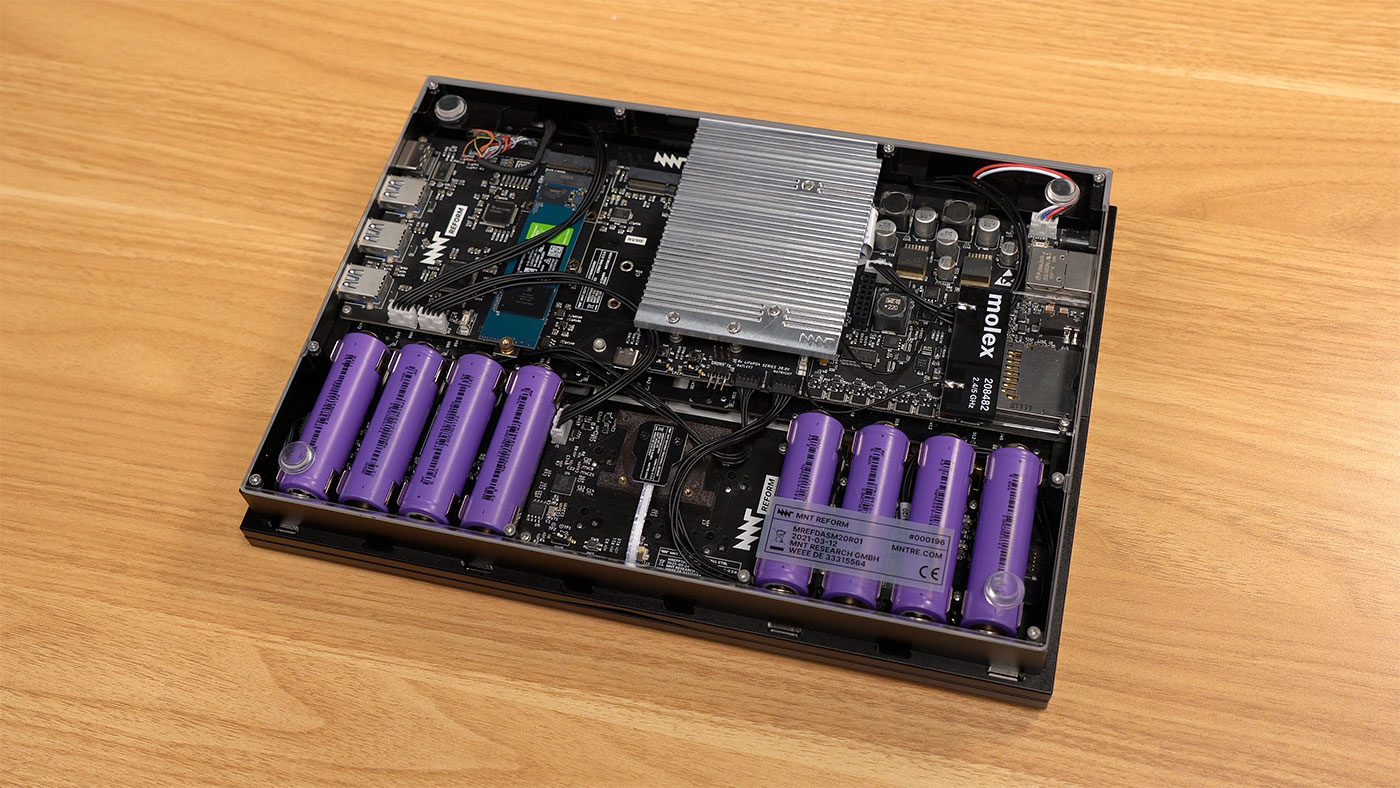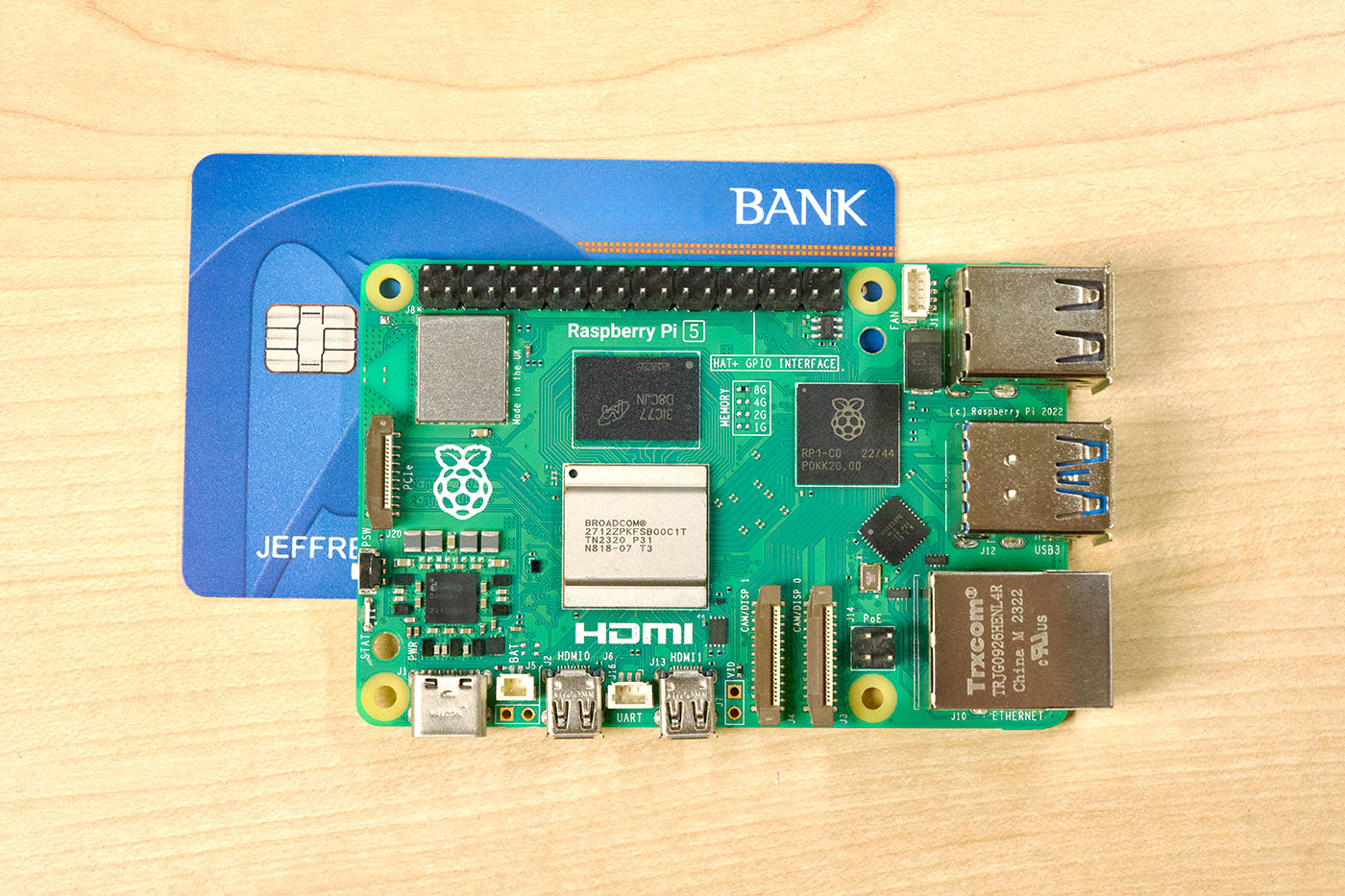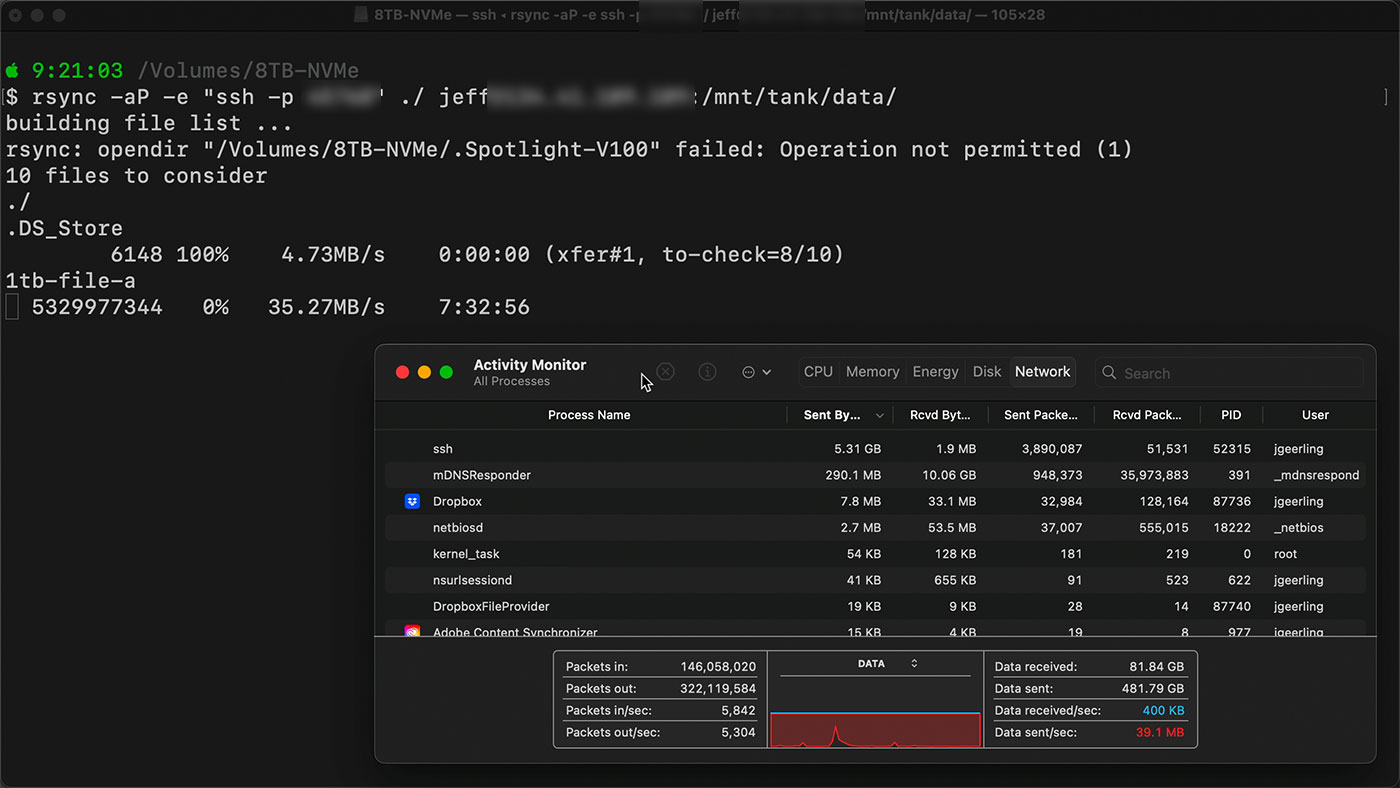Corporate Open Source is Dead
IBM is buying HashiCorp for $6.4 billion.
That's four months after HashiCorp rugpulled their entire development community and ditched open source for the 'Business Source License.'
As someone on Hacker News pointed out so eloquently:
IBM is like a juicer that takes all the delicious flavor out of a fruit
skywhopper replied:
HashiCorp has done a good job of pre-draining any flavor it once had.
Some people wonder if HashiCorp's decision to drop open source was because they wanted to juice the books for a higher price. I mean, six billion dollars? And they're not even a pointless AI company!



